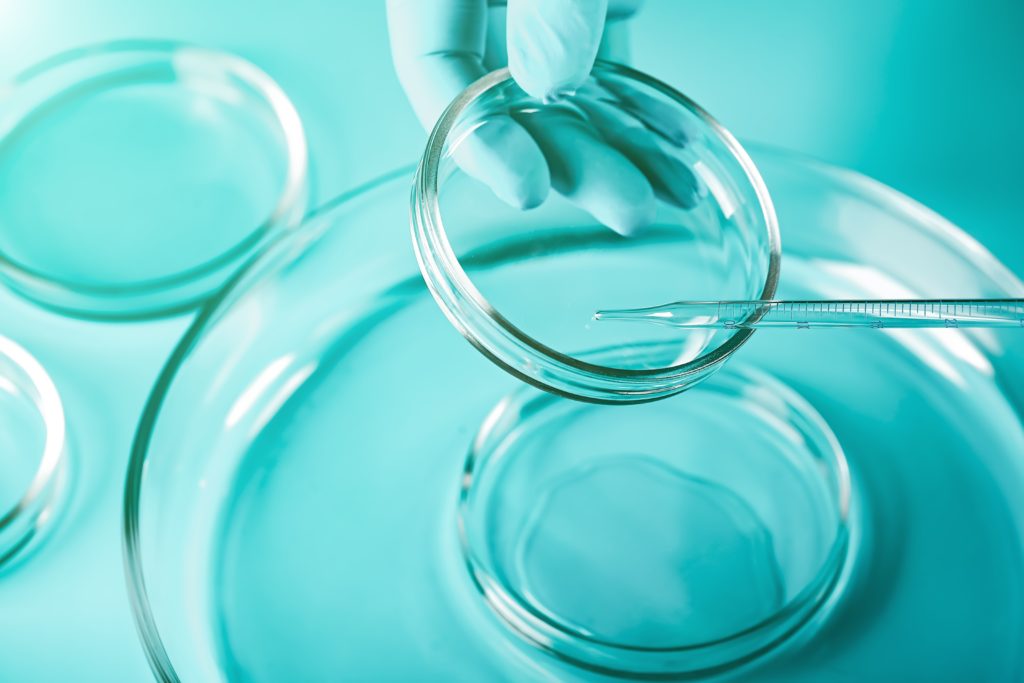Swiss company Ferring Pharmaceuticals has won a historic approval from the US Food and Drug Administration (FDA) for its fecal transplant-based therapy Rebyota (fecal microbiota, live-jslm) to reduce the recurrence of bacterial infection. The therapy is the first of its kind to be approved in the US.
Rebyota is approved for preventing the recurrence of Clostridioides difficile (C. difficile) infection (CDI) in individuals 18 years of age and older. It is indicated for use after completion of an antibiotic treatment for recurrent CDI.
C. difficile is a superbug that can cause serious and life-threatening diarrhea. According to the FDA, the infection causes about 500,000 illnesses and is associated with 15,000 to 30,000 deaths annually in the US.
The use of certain antibiotics can contribute to infection caused by C. difficile as certain antibiotics can disrupt the balance of bacteria in the gut, allowing bacteria like C. difficile to quickly multiply and release toxins to cause diarrhea. A weakened immune system, being over the age of 65 and hospitalization can also increase susceptibility to CDI.
The risk of recurrence increases with each infection and treatment options for recurrent CDI are limited. The administration of fecal microbiota is thought to facilitate restoration of the gut flora to prevent further episodes of CDI. Rebyota is not indicated for the first occurrence of C. diff.
Related: Nestlé to Market Seres’ Oral Microbiome Drug for C. Difficile
“As the first FDA-approved fecal microbiota product, (the) action represents an important milestone, as it provides an additional approved option to prevent recurrent CDI,” said Peter Marks, director of the agency’s Center for Biologics Evaluation and Research (CBER).
Rebyota is delivered via enema and is designed to help restore bacterial balance in the gut.
It is formulated by extracting gut microorganisms from human stool donated by individuals that qualify as donors. Despite testing both donors and the donated stool for transmissible pathogens, there is still a risk of transferring infectious agents through the therapy. Additionally, Rebyota could contain food allergens, which poses an unknown risk for food allergen-related adverse reactions.
While Rebyota is the first of its kind pharmaceutical therapy, the concept of healing the gut via fecal matter-derived bacteria is not new. Despite being classified as investigational by the FDA and hence loosely regulated, fecal microbiota transplants (FMT) performed through a colonoscopy or upper endoscopy are often used to treat CDI.
The FDA’s approval of Rebyota was granted based on data from a clinical trial program that consisted of six studies involving 1,061 participants, 978 of whom were treated with Rebyota. Of those that received the treatment, 70 percent were cleared of infection within eight weeks compared with 58 percent in the placebo group.
Seres Therapeutics also has a microbiome therapy that it is awaiting FDA approval for — a decision on it is expected in April 2023. Last year, the company partnered with Nestlé to market the drug once approved.
Ferring has yet to disclose the list price of Rebyota.












Join or login to leave a comment
JOIN LOGIN